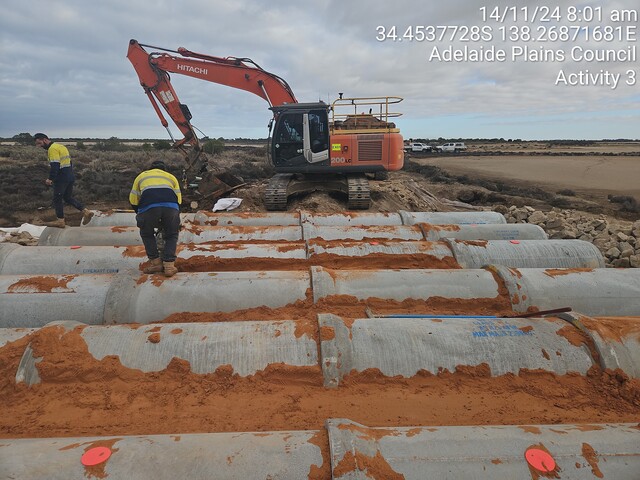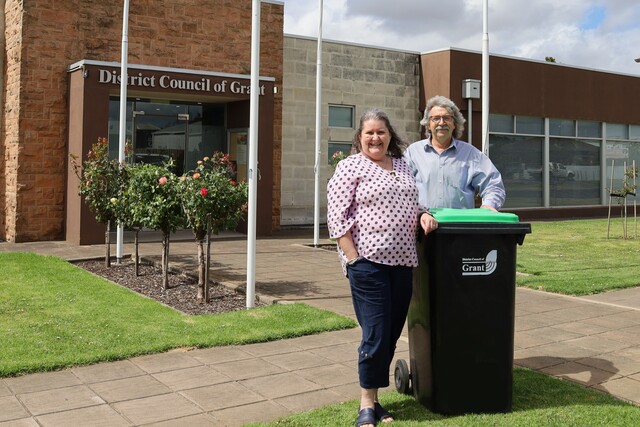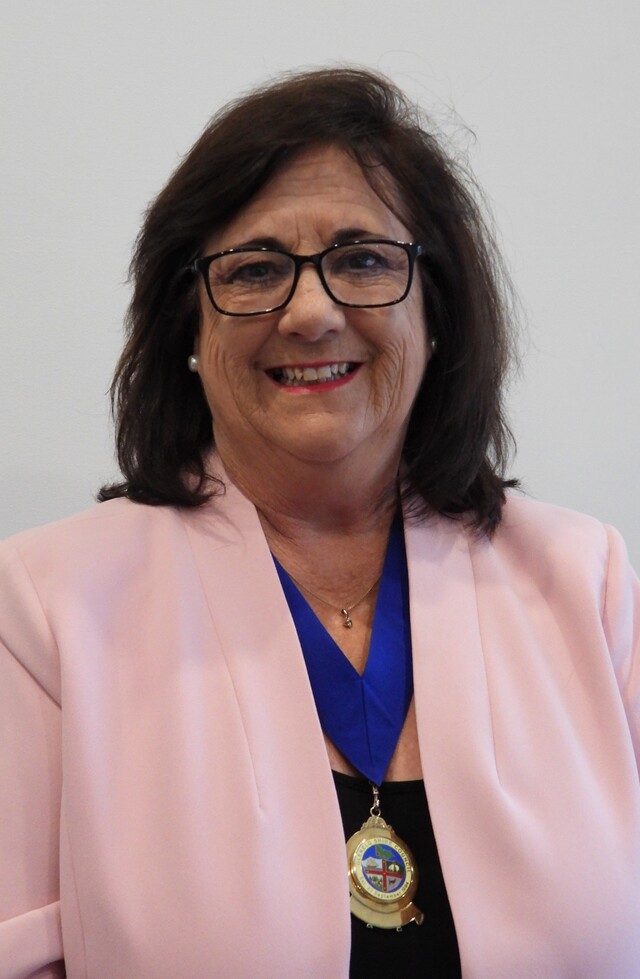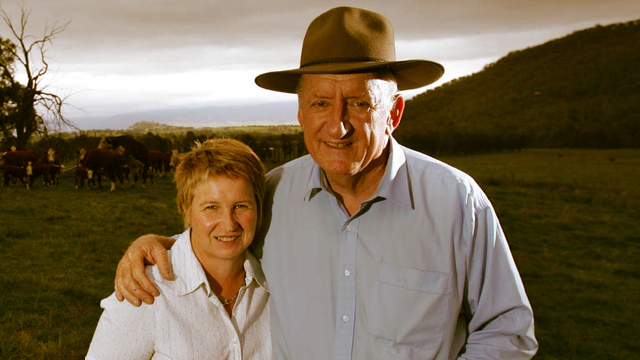It is estimated workplace bullying costs the Australian economy billions of dollars per year, and local government is not immune to toxic workplace conditions.
A parliamentary enquiry in 2012 – ‘Workplace Bullying: We just want it to stop’ – suggested between $6 billion and $36 billion is lost annually as a result of workplace bullying, due to factors such as slowed productivity and higher absenteeism.
Reported instances of bullying occur to varying degrees within local government – in extreme cases it has lead to the dismissal of Council replaced by administrators.
Moreland Councillor and CEO of Bully Zero Australia Foundation, Oscar Yildiz, said workplace bullying is an issue that arises in councils all too often.
“It is quite rife within local government, it is definitely an area that needs attention,” Councillor Yildiz told LG Focus.
Cr Yildiz suggested that within a council of roughly 10 Councillors, at least two would have experienced some form of bullying.
Cr Yilidz founded Bully Zero in 2013 because of a perceived lack of education and a “huge gap in the space in terms of looking after victims”.
The organisation works most closely with schools, but also handles workplace disputes and provides education for businesses and organisations.
Bully Zero also runs a 24-hour hotline service, which fields about 60 calls a week from employees that are concerned about bullying at work.
Recently, Cr Yildiz said, there has been an increase in the number of calls from Councillors.
“Based on the calls we receive there are many officers and Councillors that are distressed at the lack of support they receive from their HR Department.”
Cr Yildiz said workplace bullying commonly occurs at a senior management level when the line of “performance management” is crossed, to become a more serious form of intimidation.
“We receive complaints from officers expressing distress at being bullied by their superior and in most instances it’s their Manager, followed by team leader and then Director.
“Our statistics estimate that 70 percent of staff are bullied by someone that holds a management/leadership position.”
Cr Yildiz said the evidence the organisation has collected suggests there is a void of understanding and support available within councils.
“We find there is a real lack of officers and Councillors who understand the difference between workplace bullying, performance management and conflict management.
“We have found that Council officers often ignore workplace bullying as they can’t be bothered – many don’t know what to do.”
Anti-bullying consultant and trainer, Caroline Dean, agreed that there can often be a reluctance to deal with workplace problems, which she said can remain unaddressed for a long time.
Dean has worked with several Councils in Tasmania to provide education on healthy workplace strategies.
Her work within a council can span several months to over a year.
Her first step with an organisation, Dean said, is to “do a root cause analysis, which is to take a look at everything that could be contributing to the conflict and out of that I’ll make some recommendations; to me, bullying and conflict is always a cultural issue, so I want to look at the whole of the culture.”
Dean had personal experience of workplace bullying, when she was employed in the Australian prison system.
In a moving TED Talk in New Zealand from May this year, she discussed the impacts on those who are targeted by bullies, and how hierarchical structures can breed toxic conditions.
“Bullying is an indicator of a cultural environment. Even though it might feel very personal to the person who is bullied, it’s not personal, it’s an indication of a cultural thing and if it weren’t them, it would be someone else.”
Dean said bullying within councils can take various forms. “In outdoor workplaces it’s often more direct – calling people names, pranks, giving people a hard time.
“Although, I have increasingly seen in even the outdoor areas more indirect stuff, undermining, refusing to take reasonable direction, that kind of thing, it is both direct and indirect.”
Dean takes a multifaceted approach in her training process; she will bring in other specialists as needed, and work closely with Council management.
“A big thing for me is looking at the conflict skillset of the managers – I often work with them intensely in the beginning around things like early intervention, nip-in-the-bud strategies and having difficult conversations.”
She also works closely with the people who have experienced the bullying, to help rebuild confidence and resilience.
Importantly, Dean said, “it’s never about blame, it’s about trying to restore a relationship and find ways to actually change the environment that produces conflict in the first place… and it’s been very successful.”
A Council that recently worked with Dean told LG Focus the anti-bullying consultation she provided has achieved an overwhelmingly positive result and has lead to an ‘overall much
better environment.’
Based in NSW, the Australian Disputes Centre (ADC) has been working in conflict resolution since 1986, including at a state, federal and local government level.
“We were probably the earliest organisation to introduce workplace mediation training in Australia,” said CEO Deborah Lockhart. “Over 30 years, we’ve worked with local government a lot.”
Lockhart said early intervention is key to conflict management; ADC concentrates on “getting in to resolve disputes early, and saving matters escalating to litigation.”
Within local government, Lockhart said, it can often be “difficult for management to raise difficult issues, and have the skills to avoid them in first place”
The mediation process provided by ADC involves a facilitator bringing concerned parties together for an initial meeting – which can go for as long as three hours to a full day – to create an action plan, identify problems. The mediator then works with the Council over an extended period of time.
“The mediation process has a very high success rate. It is a very effective way to resolve matters within a workplace.”
Lockhart estimated that mediation results in an 80 percent success rate.
ADC mediators come from various backgrounds: psychology, counseling, legal, and also from within local government – many town planners train in mediation, as do HR professionals.
Lockhart said it is extremely useful for Council managers to have facilitative skills and an understanding of the mediation process, and urged councils to consider upskilling HR managers and other staff.
“When people in Council are armed with these skills, it is particularly powerful in building capability in local government”.








